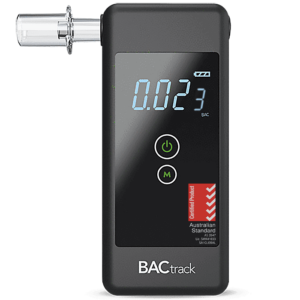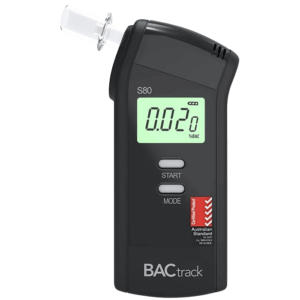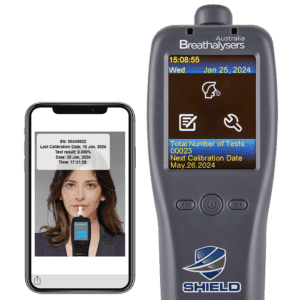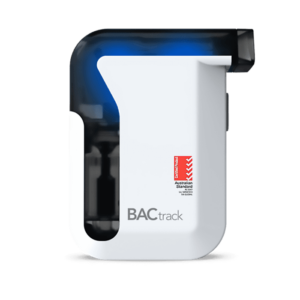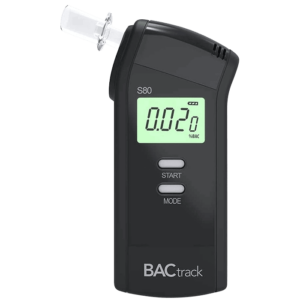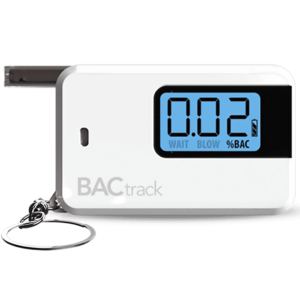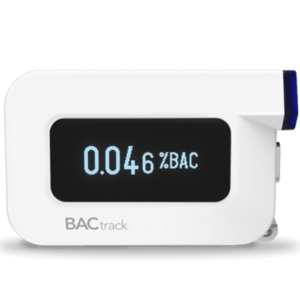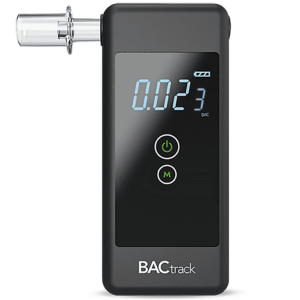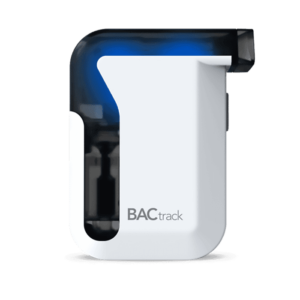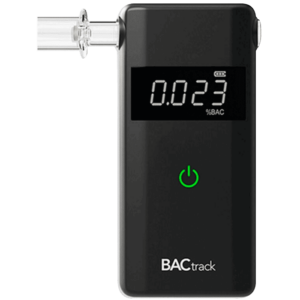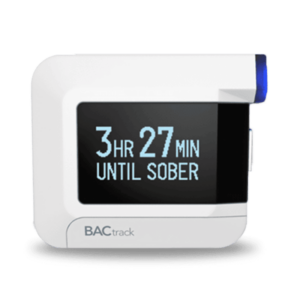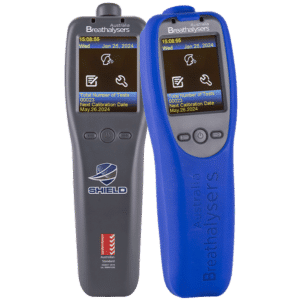Drink Driving in NZ. What are the Penalties?
05 July, 2023
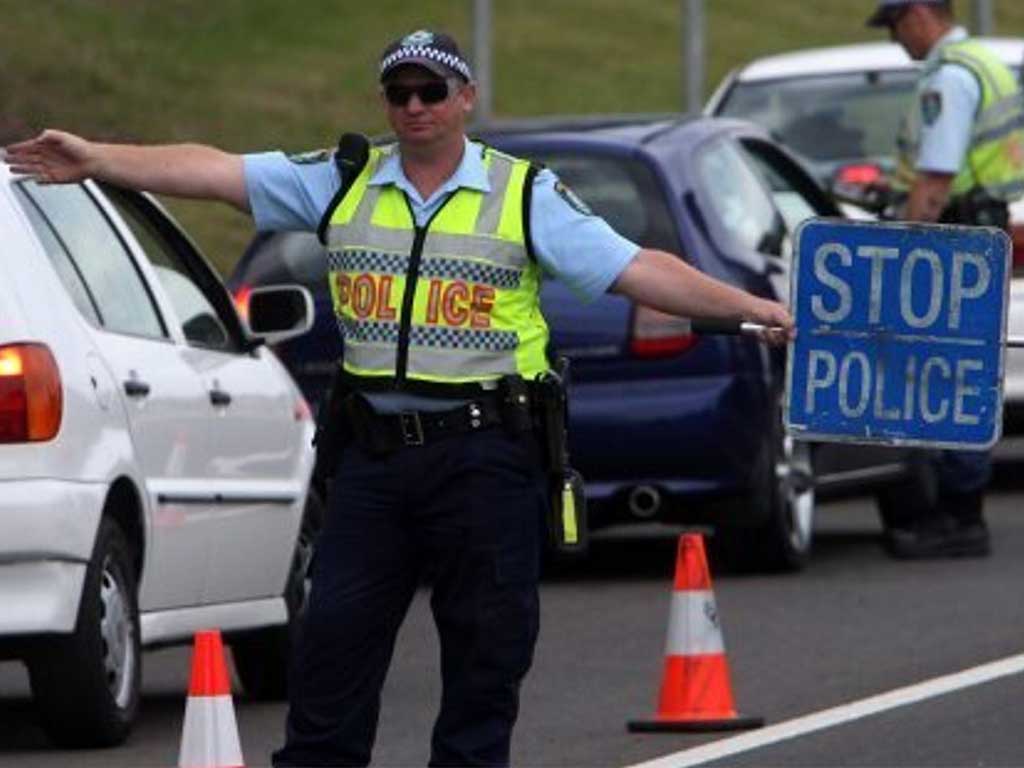
New Zealand imposes strict drink driving laws to ensure the safety of drivers and other road users. According to New Zealand Transport Agency, driving while impaired contributes to approximately one-third of fatal crashes every year. Thus, it is a serious offence with severe penalties. Drink driving in NZ could incur fines, imprisonment, and alcohol interlock for severe cases. These penalties depend on a person’s alcohol content during roadside testing, age and alcohol limit.
Law enforcement conducts a routine roadside screening to check drivers’ alcohol levels. Despite many sobriety checkpoints in the country, intoxicated driving remains a persistent problem. Nevertheless, it is vital to observe the drink driving regulations to minimise the hazards of alcohol use. It is also important to know these laws to avoid legal consequences. The following sections will give a general overview on drink driving laws and penalties in NZ and preventive measures.
The Penalties for Drink Driving in NZ
New Zealand has a general alcohol limit of 0.05% BAC (Blood Alcohol Concentration). For drivers aged 20 or over, the limit is 250 mcg of alcohol per litre of breath (250 mcg/L). Drivers who exceed this will have to pay a $200 fine and gain 50 demerit points. However, if the alcohol content is more than 400mcg/L, the sanctions may include disqualification from driving for up to six months and up to three months in prison.
For people under 20 years old, the alcohol limit is zero. This means a person driving with even a minimal amount of alcohol in the system may be charged with drink driving in NZ. The penalties include a $200 infringement fee and 50 demerit points. Additionally, an alcohol content of more than 400mcg/L will also incur maximum court-imposed fines, at least three months of driving disqualification, and up to three months in prison.
For repeat or subsequent offences, the fine would range from $2250-$6000. The mandatory disqualification period and prison terms are also longer. In addition, a person may undergo an alcohol interlock program involving an ignition interlock device installed in the vehicle.
Effects of Intoxicated Driving
Any alcohol amount in the system can pose safety hazards. Alcohol intoxication can bring the following consequences:
- reduced perception, such as blurry vision, slurred speech, and hearing problems
- impaired judgement and decision-making abilities
- poor eye-hand coordination to operate the vehicle
- loss of balance – a person may not stand or walk straightly during a field test.
- mental confusion
- slower reaction times and reflexes in avoiding road dangers
- lowered concentration
- unsafe driving behaviours, such as swerving, tailgating, or excessive braking, which increase the risk of car crashes
- collisions with other vehicles that may result in injuries, permanent disablement, and loss of life
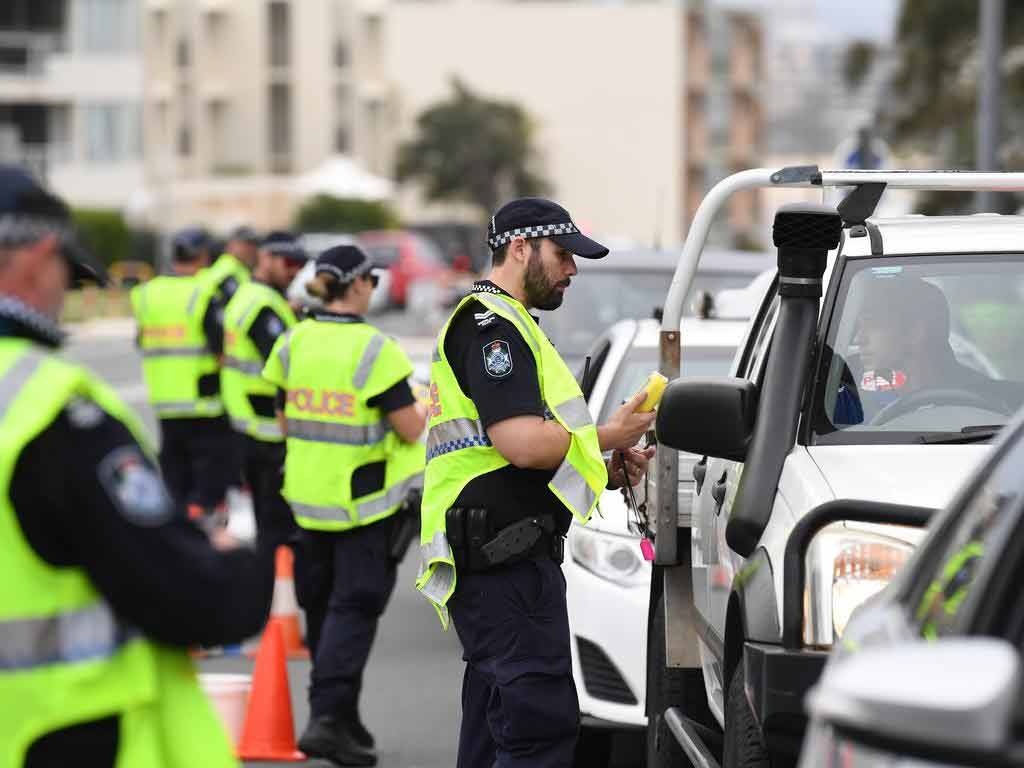
Roadside Testing for Drink Driving in NZ
Police officers conduct roadside testing to determine drink driving in NZ. Police stops and checkpoints are randomly conducted throughout the country. Passing drivers must submit to alcohol breath testing to check their alcohol levels. Additionally, a police officer may stop a vehicle at any time for random screening and if suspecting a driver to be intoxicated.
During a roadside test, law enforcement may ask the individual to speak into a breathalyser device. This process is called a passive breath screen. If the device detects alcohol, a police officer will conduct an active breath test. This procedure will require the person to blow consistently to a breathalyser. The device will analyse the breath sample and display the BAC level on the screen.
A person passes the screening if the BAC is below the legal alcohol limit. However, if the BAC is over the limit, police will require to submit an evidential breath or blood test at a police station. The results of this test could be used in court. In addition, law enforcement can confiscate the license and issue an infringement notice or court summons.
Can You Refuse a Breath Test?
Individuals have a right not to take a breath screening or evidential breath testing. However, refusal of such tests, a police officer will ask you to undergo a blood test. You may also take a blood test if the evidential breath test shows you are over the legal limit.
There are several reasons why some people would refuse a breath test. An example is if they have a medical condition that will likely cause their blood alcohol level to increase significantly. Furthermore, refusing a police test may lead to serious sanctions. It is always advisable to take the test during a roadside inspection.
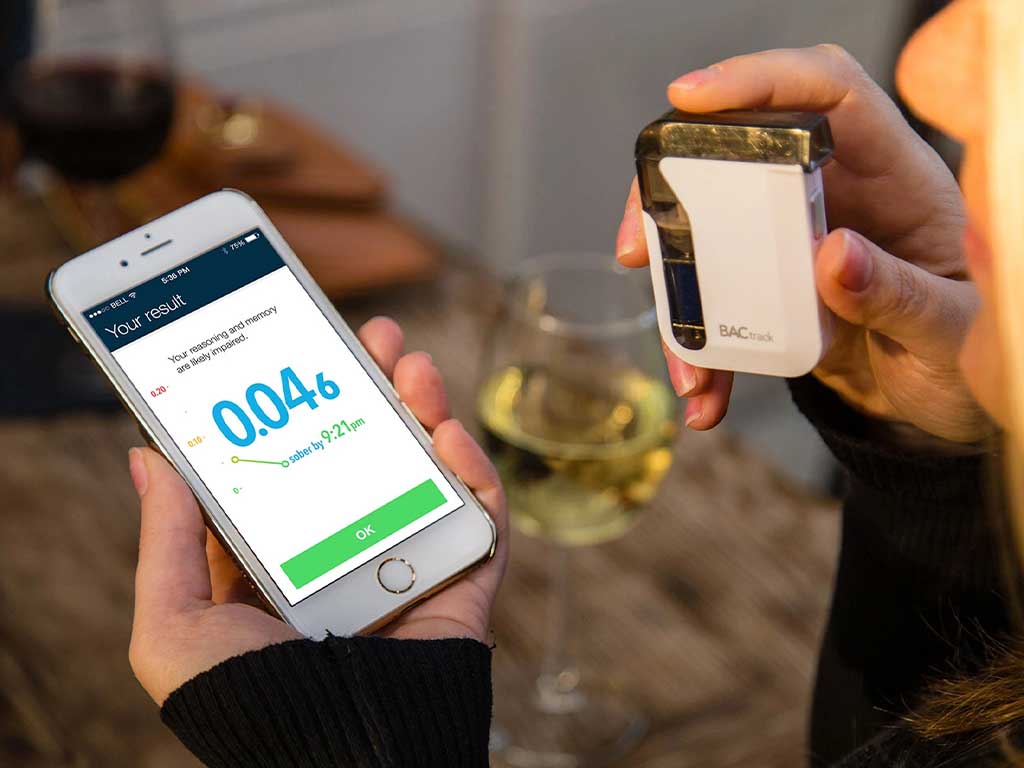
Ways to Prevent Drink Driving in NZ
The serious consequences of drink driving in NZ deter many people from drinking and driving. However, some people may have difficulty in determining if they are safe to drive. Fortunately, there are several ways to prevent these incidents. The first option is to use a personal breathalyser. This device is similar to the handheld units of law enforcement but more affordable.
A breathalyser is an electronic device that measures the BAC through the breath. Operating it is straightforward. Breathalysers like BACtrack have a one-touch operation that enables breath testing in seconds. Moreover, it gives the results within 10 to 15 seconds. This allows individuals to view their blood alcohol levels in real-time. Therefore, it helps make informed decisions.
Additionally, individuals should pay attention to how much they are drinking and be aware of their alcohol limits. People may finish their alcohol consumption and wait for the BAC level to decline if they have reached the legal limit. Another option is to appoint a designated driver who will stay sober throughout the night. Finally, take an alternative mode of transportation when needed.
How to Use a Breathalyser
To operate a breathalyser, turn the device on and wait a few seconds. It will automatically activate the sensors and initiate a countdown timer to prepare the sensors to warm up. As the timer approaches zero, take a deep breath and blow continually for six seconds or longer at the start signal.
After the breath capture, the device immediately processes the sample and displays the BAC reading. Make sure you blow long enough to give an adequate sample and prevent airflow errors. Additionally, wait 15-20 minutes after eating, drinking, or smoking before using a breathalyser. Likewise, the device must be regularly recalibrated to avoid inaccuracies.
Conclusion
Drink driving in NZ presents many significant hazards. It can lead to accidents and fatal road crashes. Therefore, the government imposes strict road laws to minimise the dangers of intoxicated driving. Individuals may face legal penalties if caught driving with a BAC over the legal limit. These include infringement fines, mandatory disqualification of license, imprisonment, and getting an alcohol interlock license. The penalties depend on a person’s blood alcohol level and the type of license.
Getting legal charges can greatly impact life, including work, financial status, and family relationships. Thus, it is important to speak to a lawyer for guidance and advice. Moreover, managing alcohol consumption is advisable to help prevent drink driving incidents or penalties. An effective way is to use a personal breathalyser. The device can measure the BAC in seconds, helping individuals to consume alcohol responsibly. You may get a breathalyser like BACtrack at Breathalysers New Zealand.


















